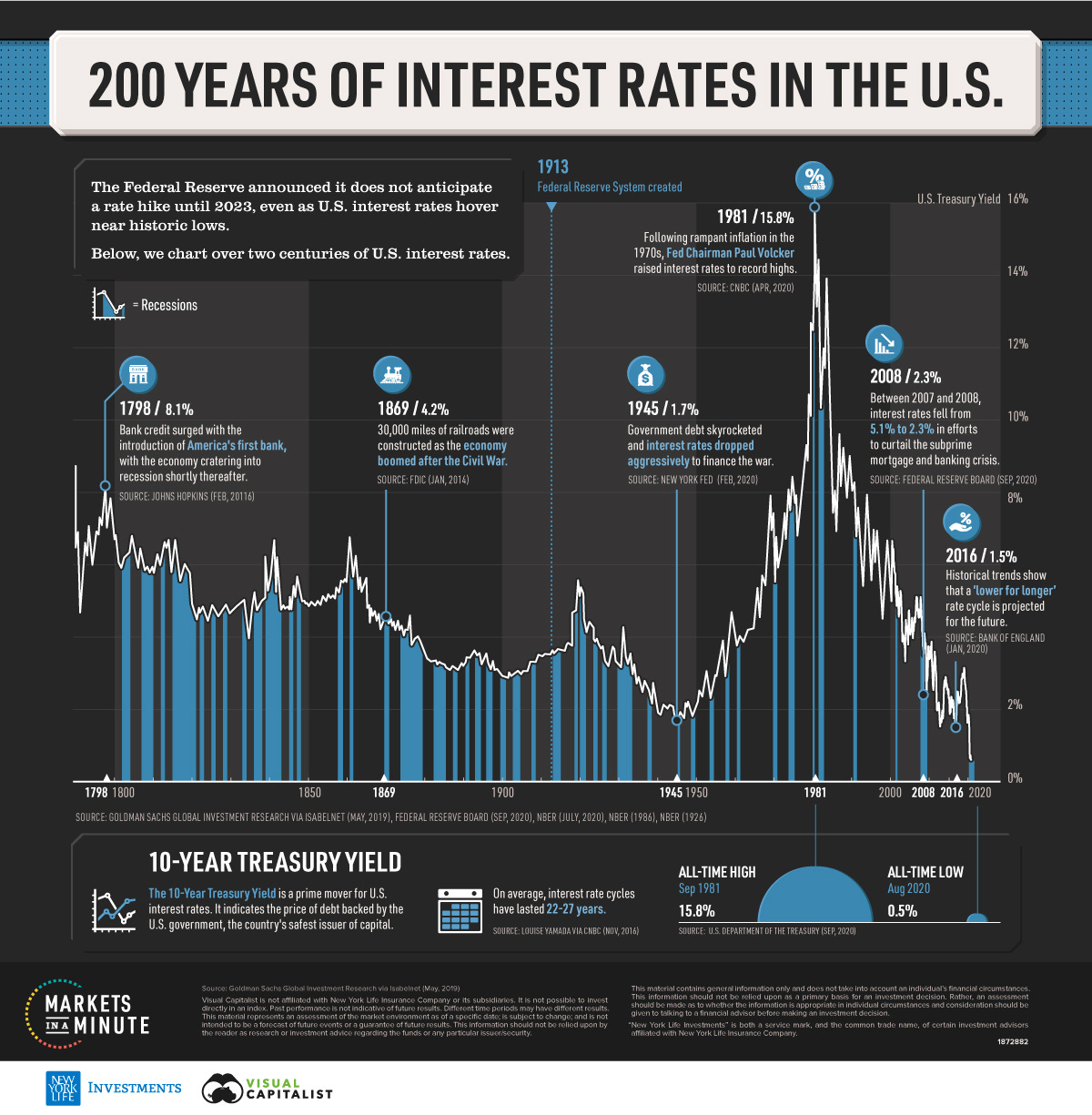
Real Estate Versus Stocks
I wrote a short LinkedIn post last week that touched on a question that gets debated endlessly in finance circles: real estate or the stock market?
It’s a topic I’ve spent a lot of time thinking about, both during my years on Wall Street and in my current role as a real estate investor. I’ve worked on both sides of this debate. Early in my career, I was part of the equity research team at a firm with a stellar track record managing stocks. Later, I spent time at Goldman Sachs, advising high-net-worth clients on their portfolios. I also earned my CFA Charter over this time, which gave me the tools to analyze investments and manage risk.
Then, I left that world behind to leap fully into real estate investing.
Why? Not because I think stocks are bad—far from it. Stocks are an essential part of any prudent portfolio. But I believe real estate offers unique benefits that stocks can’t match. For ultra-high-net-worth (UHNW) investors, the key isn’t picking one over the other. It’s knowing how to allocate between the two.
But there was one particular anecdote that stood out. I had finally scored a huge meeting with a very wealthy San Franciscan. We were sitting in his office, and I was expounding upon the benefits of a diversified stock, MLP and bond portfolio with a smattering of private equity thrown in. He smiled and leaned back, hands folded across his lap, and said - we've owned property in San Francisco for decades. I earn over 10% on my cash yields from those, and I don't pay taxes because of depreciation flow through. What do you have that can beat that?
The honest truth? Not much.
The Case for Real Estate: Control, Cash Flow, and Tax Benefits
Real estate’s biggest advantage is control. Unlike stocks, where you’re at the mercy of market forces and management decisions, owning real estate lets you directly influence your investment’s performance. You can renovate, reposition, and refinance properties to create value. Real estate also generates steady cash flow—something stocks can’t always guarantee (i.e. you may have to fund your retirement by pulling out of the principal, which even if your % draw is less than the growth, doesn't feel very good).
And then there are the tax benefits. Depreciation shields much of your rental income from taxes, while 1031 exchanges allow you to defer capital gains indefinitely. Stocks, on the other hand, trigger taxable events with every rebalancing or sale. These advantages can significantly enhance real estate’s long-term returns, especially for UHNW investors.
While there’s evidence that real estate—especially apartment buildings—can outperform stocks over time, the more important takeaway is how real estate’s unique attributes complement a broader investment strategy.
But let’s not gloss over the downside: liquidity. Real estate is illiquid. If you’re 100% allocated to real estate and something goes wrong—whether it’s a market downturn or a personal liquidity need—you’re in trouble. That’s why I staunchly believe any solid investment strategy should combine both asset classes.
The Case for Stocks: Liquidity, Simplicity, and Growth
Stocks shine in their liquidity. If you need to sell, you can do so instantly. Diversification is also simpler—you can spread your investments across industries, geographies, and asset classes with minimal effort. And over the long term, the S&P 500’s historical returns (~10% annually, including dividends) have been tough to beat.
But stocks come with challenges. Market volatility is the most obvious, and it’s hard to avoid the emotional rollercoaster of bull and bear markets. What’s less talked about, though, is the incentive structure on Wall Street. Financial advisors and firms have every reason to keep you fully invested in stocks—they don’t earn fees on cash or real estate. This creates a subtle bias: real estate is often underrepresented in the advice UHNW investors receive, not because it’s a poor investment, but because it doesn’t fit the fee structure.
Why the Best Portfolios Combine Both
This brings me to my central point: the savviest investors allocate to both. Real estate and stocks serve different purposes in a portfolio. Stocks provide liquidity, compounding, and diversification. Real estate offers stability, tax efficiency, and the ability to use leverage responsibly. Together, they create a balanced approach to risk management and long-term wealth creation.
One of the smartest strategies I’ve seen is to treat real estate as the “anchor” in a portfolio. It generates income and preserves wealth over time, plus spins off huge tax benefits over time. Stocks, on the other hand, can be used to capture growth and, more importantly, liquidity. For UHNW investors, this balance is critical—not just for returns, but for the flexibility to weather different market cycles.
Everybody knows to buy when there's blood on the streets - but if you have no liquidity, you cannot buy. Preserving liquidity with solid growth upside is really important.
Why Real Estate is not well represented at the advice table
Let me wade into a topic that doesn’t get enough airtime: why real estate is so often underrepresented in financial advice conversations. I touched on this briefly before, but it's so important that I want to really dive in. I spent years in the private wealth sector, and here’s the simple truth—clients who invest heavily in real estate are bad business for advisors.
I know it firsthand because I did it for years. When you land a meeting with a very wealthy individual and they tell you they invest almost exclusively in real estate, your heart drops.
Why?
Because they are not a candidate to invest in a fee-managed stock and bond portfolio. Usually, they are also not a candidate to invest in firm controlled real estate funds. Which, by the way, are not great IMHO - the only funds that major Wall Street Firm's can reasonably allocate to are massive mega-funds. There are some RIAs doing great work on the frontier - investing in smaller funds, allocating to emerging managers, etc. - but it's rare.
Again - why?
Because the institutional prerogative and incentive for anybody in the financial advice business is to not get fired. First and foremost. You will never get fired if your Blackstone fund underperforms. Nobody will blame you for investing client capital into that. You will probably get fired if you take a risk on an unknown operator. I get it. It makes clear sense - but it's important to understand the biases at work. And the mega-funds lack the flexibility of small operators to find and source unique, mis-priced deals because they're all fighting over the same much smaller sub-set of institutional size properties, which lose a lot of their advantages after they get picked over by the same candidates and life insurance companies, over and over.
Final Thoughts: A Prudent Approach to Wealth Management
I’ve seen both sides of this debate up close. On Wall Street, I learned the power of diversification and the risks of overexposure to any single asset class. As a real estate investor, I’ve seen how transformative the right property investments can be—not just for returns, but for tax efficiency and wealth preservation.
For UHNW investors, the smartest strategy is to leverage the strengths of both asset classes. Real estate provides stability, income, and tax efficiency, while stocks offer liquidity and growth. Together, they create a portfolio that can weather market cycles and build long-term wealth.
To add further credence to this - check out the allocation for Tiger 21 members below.



